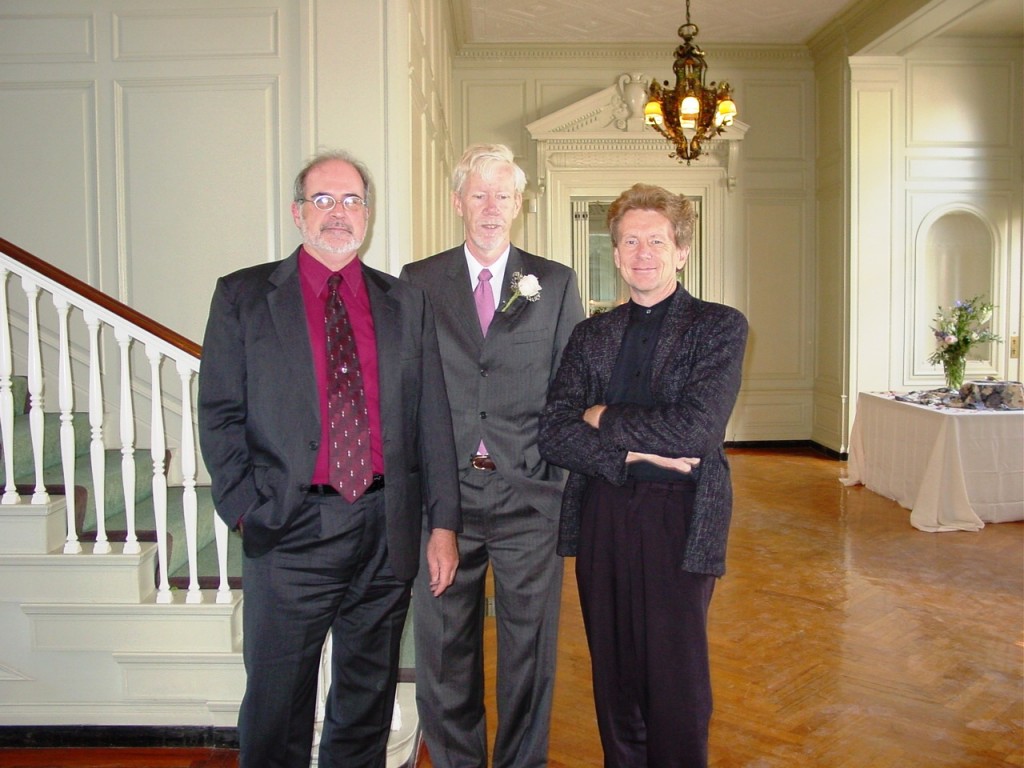Welcome to the Wakefield Doctrine (the theory of clarks, scotts and rogers)
The Wakefield Doctrine is grounded upon the notion that there are three characteristic ways of perceiving the world around us; as would an Outsider (clarks), a Predator (scotts) and a Herd Member (rogers). The reality that these perspectives create is what we call our predominant worldview. Standing side-by-side outside a popular restaurant, a clark, a scott and a roger would be experiencing the intention to ‘go get a bite to eat’ quite differently.
The Doctrine maintains that while everyone lives in only one predominant worldview, we never lose the potential to experience the world as do ‘the other two.’ And, some of us, have more highly manifested ‘secondary aspects’ than others. For example, I am a clark with a significant secondary scottian aspect. That means that, under certain conditions, I can experience the world as does a scott and my behavior, as witnessed by others, would be more direct and aggressive than that normal to a clark. Equally a roger or a scott can have a significant secondary clarklike aspect. This configuration will lend a certain propensity for excessive curiosity, a tendency towards subtle-to-the-point-of-invisibility humor and an overwhelming desire to mix and match fashions that, at times, will cause the lights to dim and the radio to flare-up in static.
In point of fact, most Readers of this blog, if not clarks, are scotts and rogers with significant secondary clarklike aspect.
No, its true!
Anyway, that’s not the theme of today’s post. The theme of today’s post is using time and music in order to leverage a desire to self-develop oneself. This will resonate mostly with clarks, but you others might get a vibe off it.
The thing about clarks is that although we are not causally emotional, we do have an emotional element. And, for us, the raw power to produce change is, most often, manifested as emotional content. This usually involves the world shifting in significant and un-anticipated ways. (The well-known ‘Holy shit!’ moments that many people experience prior to enlightenment, soul-revealing insight and a near miss on the interstate.)
So find yourself a song from way ago and play it. Listen to the emotional echoes. If you’re lucky, they will be powerful enough to rattle the dishes (in your metaphoric kitchen….as you listen to the song…back then)
Here’s one that worked for me today.


 About clarkscottroger
About clarkscottroger
Holy Shit!
lol
“… and an overwhelming desire to mix and match fashions that, at times, will cause the lights to dim and the radio to flare-up in static.” This brought a smile to my face.
The challenge for clarks is accessing emotional content at will. Discounting music as a catalyst, is it even possible (for a clark) to generate the level of emotional content you describe, at will? Is it sustainable? Would we want it to be?
It sounds unpleasant because it has no place in the world of the Outsider.
Change is never a welcomed
Generating emotional content at will? Nope, takes more than that.
agree (kinda)… think I’m suggesting that it’s possible to deliberately stimulate emotional content*
*a made up term to designate the spontaneous and in-filtered experience of emotion that was originally created at a past time. most commonly occurring (in clarks) in response to music and, less commonly, scents and smells and such